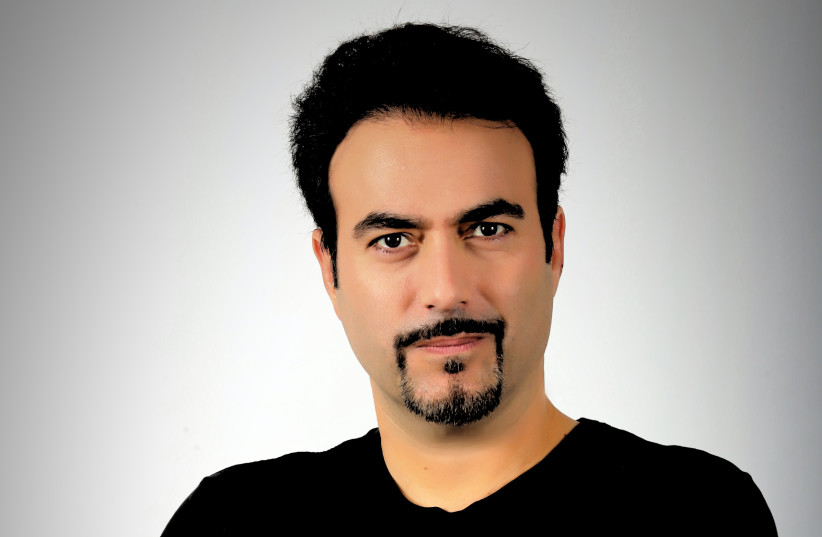Today more than ever, it is evident that the education system is eager for innovation. The associations between hi-tech and education are very well established. We are used to hearing about how technology can enhance a student’s experience in the classroom, or can help prepare young people for successful careers once they leave school. However, one area that we don’t often hear about is the role technology plays in support emotional soft-skills.
Studies show that emotional-social skills are no less important, and even critical, to the students’ success – at school and in life in general. Soft skills, such as awareness and self-management, empathy and team work, have proven as contributing to achievements and success at school, at work, in relationship, in civil life, and increasing the happiness and mental wellness of students.
Workers with emotional soft-skills can add significant value to their organizations, which ultimately strengthens the Israeli economy. People who know not only how to analyze information and make informed decisions but are also able to empathize with colleagues, support the development of others and provide pastoral care are able to add far more value than simply doing the day job. They help to grow their organizations.
In order for the Israeli economy to continue to maintain its competitive advantage, the vision must be: to foster and develop these softer skills and then to equip as many young people with them as possible. It could be the added value of the education system in the modern world, and the hi-tech community can certainly help with that.
An example of this is the SEL Challenge (Social Emotional Learning Challenge) competition that has just opened. This initiative invites the hi-tech community and entrepreneurs to develop technological solutions that will help teachers develop students’ socio-emotional skills.

Any start-up that submits to the competition must offer an idea or prototype for assimilating the learning of emotional-social skills, which will be taught as part of English and science classes in seventh grade. The developments will be personalized for each student.
The winners will get a prize of one million shekels and the opportunity to implement their solution in hundreds of schools across Israel. This project was established by the 8200 Alumni Association, the Azrieli Foundation and the Ministry of Education, and in collaboration with Oracle.
This need to develop social skills is particularly true when we consider the impact of COVID-19. Over the last two years, children have been educated via Zoom and have missed out on emotional development.
The education system is ripe for innovation. There is both openness on the part of the Ministry of Education and a demand on the part of teachers and students to expand on the basic curricula and teach the new skills that are absolutely vital for success in the workplace today.
It is known that investing in education is an investment in the quality of human capital in Israel – and investing in the field of emotional-social education will benefit twice as much, both for the economy and for society. Therefore, it is appropriate that hi-tech entrepreneurs allocate capabilities and resources to the field of education. This is a first-rate national mission and Israeli hi-tech’s next mission.
The writer is Oracle Israel country leader and a board member of SEL Challenge.
